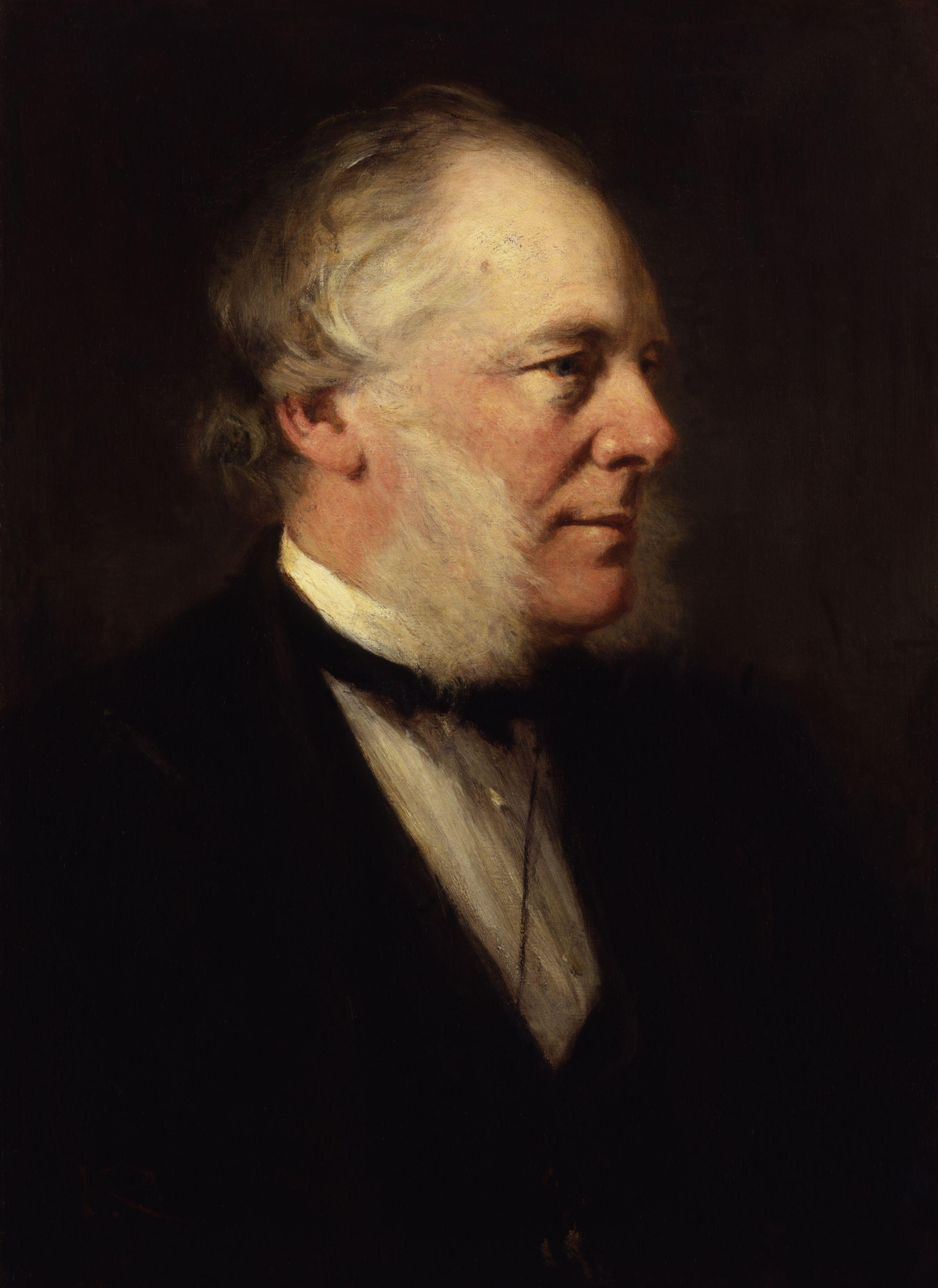Samuel Smiles Berühmte Zitate
„Der kürzeste Weg, um vieles zu erledigen, ist, immer nur eine Sache zu machen.“
Selbsthilfe
"Method," said Cecil (afterwards Lord Burleigh), "is like packing things in a box; a good packer will get in half as much again as a bad one." Cecil's dispatch of business was extraordinary, his maxim being, "The shortest way to do many things is to do only one thing at once;" - Self-Help. Revised and enlarged edition. Boston 1861 p.260 books.google https://books.google.de/books?id=P5EWAAAAYAAJ&pg=PA260&dq=cecil. Nach der „new edition“ London 1868 p.271 books.google https://books.google.de/books?id=WrQGd8vis98C&pg=PA271&dq=reverendsoll es sich um Reverend Richard Cecil [1748–1810] handeln.
„Der Kampf ist die Vorbedingung des Sieges.“
Charakter
Original engl.: "It is the struggle that is the condition of victory." - Character. J. Murray, 1876. p. 350.
„Es heißt nicht sterben, lebt man in den Herzen der Menschen fort, die man verlassen muss.“
Der Charakter 3
Original engl.: "To live in hearts we leave behind, is not to die." - Character. J. Murray, 1876. p. 86.
„Teilnahme ist der goldene Schlüssel, der die Herzen anderer öffnet.“
Charakter)
Original engl.: "Sympathy is the golden key that unlocks the hearts of others." - Character. J. Murray, 1876. p. 237.
Samuel Smiles: Zitate auf Englisch
Saying published anonymously in The Dayspring, Vol. 10 (1881) by the Unitarian Sunday-School Society, and quoted in Life and Labor (1887) by Smiles; this is most often attributed to George Dana Boardman, at least as early as 1884, but also sometimes attributed to William Makepeace Thackeray as early as 1891, probably because in in Life and Labor Smiles adds a quote by Thackeray right after this one, to Charles Reade in 1903, and to William James as early as 1906, because it appears in his Principles of Psychology (1890).
Misattributed
Quelle: Happy Homes and the Hearts That Make Them
Lives of the Engineers (1862).
Quelle: Self-Help; with Illustrations of Character and Conduct (1859), Ch. I : Self-Help — National and Individual
Quelle: Self-Help; with Illustrations of Character and Conduct (1859), Ch. XIII : Character — The True Gentleman
Kontext: Even happiness itself may become habitual. There is a habit of looking at the bright side of things, and also of looking at the dark side. Dr. Johnson has said that the habit of looking at the best side of a thing is worth more to a man than a thousand pounds a year. And we possess the power, to a great extent, of so exercising the will as to direct the thoughts upon objects calculated to yield happiness and improvement rather than their opposites.
Quelle: Self-Help; with Illustrations of Character and Conduct (1859), Ch. XI : Self-Culture — Facilities and Difficulties.
Quelle: The Lives Of George And Robert Stephenson
Kontext: We learn wisdom from failure much more than from success. We often discover what will do, by finding out what will not do; and probably he who never made a mistake never made a discovery.
Quelle: Self-Help; with Illustrations of Character and Conduct (1859), Ch. X : Money — Its Use and Abuse
Quelle: Self-Help; with Illustrations of Character and Conduct (1859), Ch. XIII : Character — The True Gentleman
Quelle: Self-Help; with Illustrations of Character and Conduct (1859), Ch. I : Self-Help — National and Individual
As quoted in Samuel Smiles and the Victorian Work Ethic (1987) by Timothy Travers, p. 162.
“Good actions give strength to ourselves, and inspire good actions in others.”
Duty: With Illustrations of Courage, Patience, and Endurance (1880), Ch. 2, p. 49
Quelle: Self-Help; with Illustrations of Character and Conduct (1859), Ch. I : Self-Help — National and Individual; earlier variant of the proverb quoted: God helps them who help themselves; recorded in Jacula Prudentum (1651) by George Herbert
Quelle: Self-Help; with Illustrations of Character and Conduct (1859), Ch. XI : Self-Culture — Facilities and Difficulties
